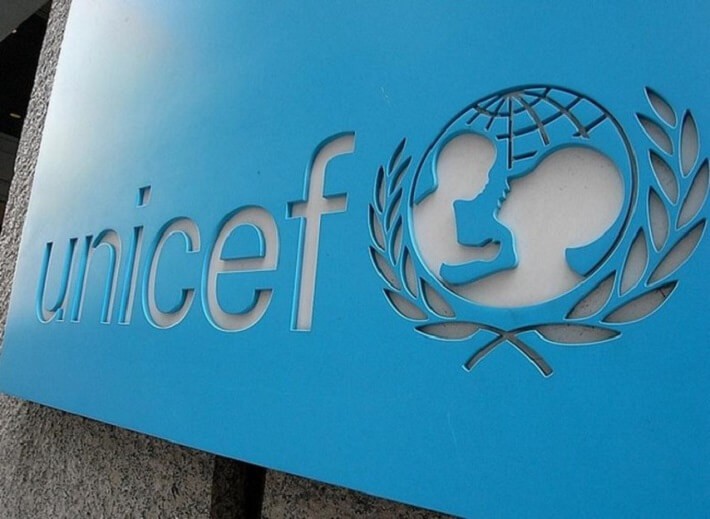The United Nations Children’s Fund (UNICEF) says 75 per cent of children in Katsina State are multidimensionally poor, meaning they are deprived of three or more essential dimensions of well-being.
UNICEF’s Kano Chief Field Office, Mr Rahama Farah, disclosed this during a two-day capacity workshop organised for the 34 local government chairmen in the state.
The workshop with the theme “Reducing Child Poverty through Social Protection, Using Data for Transformative Evidence-Based Governance” was organised through the state’s Bureau of Statistics.
According to the National Bureau of Statistics (NBS), records indicate that the children are being deprived of necessities, including health, nutrition and education.
”The NBS Multidimensional Poverty Index (MPI) 2022 estimates that more than 75 per cent of children in Katsina are multidimensionally poor.
”Katsina is a state of great potential, rich in human and natural resources, yet the well-being of its children remains under significant strain. Recent survey data remind us of the scale and urgency of the challenge.
Advertisement
”Based on the 2025 projection by the National Population Commission (NPC), out of an estimated population of 10.3 million people in the state, about 4.6 million (45 per cent) are children under 17 years, and 1.7 million (17 per cent) are under five years.”
He explained that based on NDHS 2023-24, Katsina had approximately 159 deaths per 1,000 live births, adding that this meant that roughly one in six children in the state do not survive to their fifth birthday.
”Just 41 per cent of children in the state are fully immunised, leaving the majority vulnerable to preventable diseases.
”Based on the 2025 SOKAZA SMART Survey, alarmingly, about 46.3 per cent of children under five years are stunted, indicating chronic malnutrition with long-term consequences for health, learning and productivity.
”Also, based on MICS 2021, about 536,000 children in Katsina are currently out of school, underscoring the urgent education challenge we face.
Advertisement
”These numbers are not simply statistics; they represent lost potential, fragile lives, and postponed dreams,” he said.
Farah said that investing in children was therefore not an optional extra, but one of the most strategic and foundational investments the state can make.
He commended the government and all partners in the state for the steps taken, including efforts to promote child-sensitive budgeting, strengthen planning systems and build institutional capacities.
According to him, UNICEF remains proud to partner with you in allocating resources to improve the overall well-being of children in the state.
”We reaffirm our commitment to collaborate with all stakeholders to turn intention into impact. But goodwill and partnership alone will not suffice unless they are backed by political will, adequate financing, data-driven decision-making, and effective multi-sectoral action.

